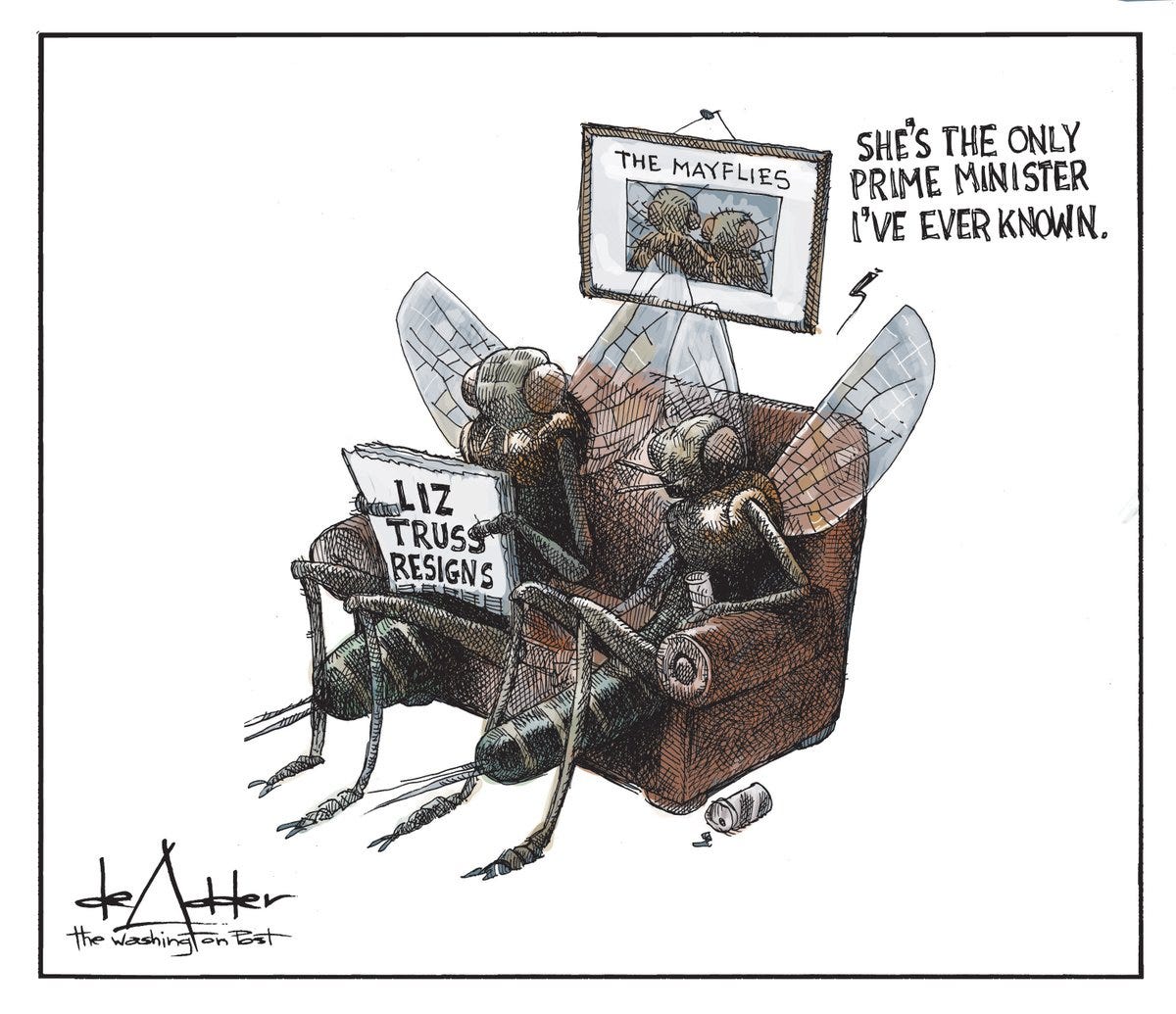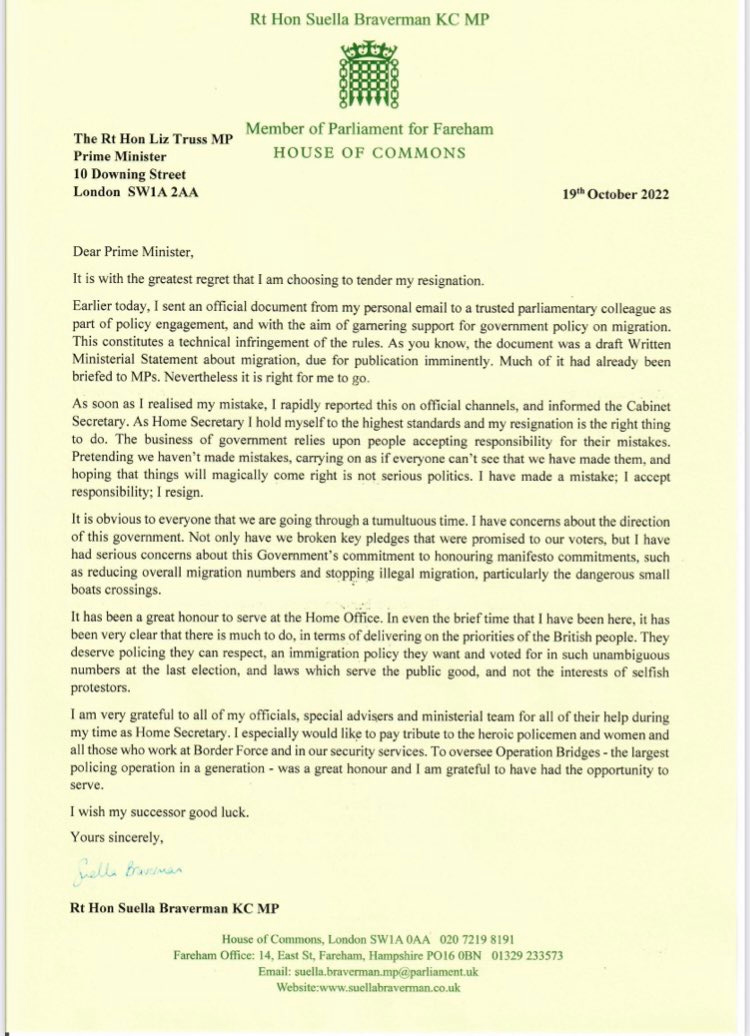A message from the editor
Our coverage of the news this week has been spotty. Or inexistent. This is because I managed my time badly. I was supposed to write an article this week for Politico. It’s about the role Google Translate has played in forging, for the first time in history, really, a sense of European unity. It’s going to be a great article. It’s a great idea.
But somehow I managed to put off writing it until the very last minute. And then, somehow, it seemed urgently important—more important than anything in the world—that I repaint a picture frame. And make moldings for it out of plaster—it just looked so cheap without moldings, right? It needed little roses and vines, pronto. I couldn’t live another day in this apartment with that naked picture frame. It was an emergency. But I didn’t have a little-rose mold. So I had to look on Leboncoin, which is like France’s Craigslist, to see if maybe someone was selling just the right little-rose mold. (The great thing about living in Paris is that someone is always selling that kind of thing. Are you jonesing for a bust of Molière, a trumeau mirror, or some decorative gilt to spruce up your toilet brush? It can be on your doorstep faster than a pizza.)
I meant just to spend five minutes looking at Leboncoin and then go right back to writing my article. I sincerely did. But no sooner did I cast my eyes on the site when I saw that someone in my neighborhood—or only nine kilometers away, anyway—was selling a darling little Louis XV commode. For just ten euros.
Ten euros!
It looked a bit beat up, but nothing a bit of furniture paste and a few coats of paint couldn’t fix. Why so cheap, you’re wondering? Well, it’s rare, but this sort of thing happens every now and again. Usually it’s because the wife caught the husband in some sordid misadventure, divorced him on the spot, and told the landlord, “Sell everything he owns. I never want to see it again.”
In fact, I owe an amazing haul—my sofa, two fauteuil bergères, a magnificent set of Giza cotton sheets (with matching pillowcases and a duvet cover), six wine glasses, an almost-complete set of dinner plates, a cheese tray, a Le Creuset casserole, a standing lamp, two healthy ferns, a crystal carafe, a Venetian chandelier, and a whole box of excellent cleaning supplies—to that situation exactly, except the twist is that the guy actually died in flagrante. The apartment was his Parisian love nest, which he’d rented expressly for his assignations with his mistress. The wife didn’t know about the apartment. Or the mistress. She found out at the same time she found out he was dead.
Or so I was told by the enervated landlord, to whom the wife said, “Sell everything he owns. I never want to see any of it again.” The landlord seemed put out that she’d been asked to do this. Clearly the wife did not tell her she could keep the proceeds, because she wasn’t trying to sell this stuff for what it was worth: She just wanted it out of the apartment, fast.
So that’s how I furnished my apartment with a sofa, two fauteuil bergères, a magnificent set of Giza cotton sheets (with matching pillowcases and a duvet cover), six wine glasses, an almost-complete set of dinner plates, a cheese tray, a Le Creuset casserole, a standing lamp, two healthy ferns, a crystal carafe, a Venetian chandelier, and a whole box of excellent cleaning supplies—for twenty euros. Yes, really. A girlfriend to whom I later told this story asked if I was weirded out that everything in my apartment belonged to a dead guy. “Are you serious?” I said. “Do you know how much a Le Creuset saucepan costs?”
So I saw this little Louis XV and I thought, “Don’t miss your chance, Claire.” And I’ll just point out, in my defense, that a Louis XV commode in good nick would usually cost a few thousand euros. (The photo below shows a typical example. The one I bought doesn’t look like that at all, but I promise you: Once I’m done restoring it, you’ll never know the difference.)
Now you understand why I had to go pick up that commode. I meant to write the article when I got back, but I still had to finish the picture frame: I couldn’t have a priceless antique like my new Louis XV commode underneath a sullen picture without so much as vine on it, could I? Then I had to clean up the plaster and the paint that I got all over my floor before it hardened and I lost my security deposit.
After that, I panicked completely and tried to pull an all-nighter to write the article, but it didn’t work. I’m not eighteen anymore. I can’t do that at my age. Literally, I can’t. Nothing came out of me but gibberish. Then—well, look, you don’t need to know all of this. Short story is that I was so stressed I couldn’t sleep, spent three hours watching Ted Talks about how to stop procrastinating, loathed myself to the core of my being, then at last screwed my courage to the sticking place and sent a groveling letter of apology to my editor.
The punchline is that she wrote back to say she didn’t even plan to look at the article until after the midterms, so I should take my time.
That’s why your newsletter is late.
Not much of an excuse, is it? Believe me, I feel like a complete loser.
But then I think about Liz Truss, and I feel better again.
Liz Truss has completed the shortest term as prime minister in the history of the UK. (And the runner-up died a dignified death of tuberculosis, not this ignominy.) If you’ve been paying no attention to British politics, here’s a short précis.
During her six weeks in power, she and her first chancellor, Kwasi Kwarteng, issued a so-called mini-budget with £45 billion in unfunded tax cuts and giveaways, a vast expansion in borrowing, and no explanation at all of how it would be repaid—especially given inflation is at a 40-year high, interest rates are going up, and pretty much everyone expects a global recession.
Kwarteng declined, before issuing the budget, to consult with the Office of Budget Responsibility. He had no forecast in hand to suggest that he had even considered the question, “How will we pay for this?”
The release of the budget caused a run on sterling, sent the gilt market into freefall, touched off a doom loop in the bond markets, and so badly spooked global investors that Goldman Sachs, Bank of America, and even the IMF proffered public rebukes. To save Britain from its own government, the Bank of England was forced to intervene by promising to buy £65 billion worth of government bonds—failing that, the funds that manage senior citizens’ pensions would have collapsed. Overnight, millions of British families faced what City economists quickly termed “the moron premium”—some £500 a month more in mortgage payments.
(All I did was miss a deadline. And my editor wasn’t even upset about it.)
There’s now a fiscal black hole at the Treasury to the tune of £70 billion.
(It’s not like I lost £70 billion of my fellow citizens’ money. Sure, my subscribers didn’t get a newsletter, but did I lose all their money? Do they have to pay £500 more for their mortgages now because of me? No!)
Labour soared to record highs in the polls. Truss fired Kwarteng and blamed everything on him. Then she held a press conference so disastrous that the pound plunged even further:
The FTSE 100 made significant gains as news of Kwarteng’s sacking emerged. However, the prime minister’s appearance erased almost all of its advance in afternoon trading, with the blue chip index up just 8 points at 6,858 on the day.
(It’s not as if the very sight of me causes investors frantically to ditch their stocks.)
Trying to calm the markets, she appointed Jeremy Hunt as her new chancellor. He warned he had to make decisions of “eye-watering difficulty” to repair the damage to the Treasury’s finances after the failed budget. He promptly made a screeching U-turn on all of her policies—the ones she’d been elected to enact:
The new chancellor dismantled almost all of the platform that Truss’s leadership victory had been built on, including the majority of her tax cuts, and hinted a new windfall tax was in his sights—a move the PM had previously said she would not countenance. Hunt also refused to rule out cuts to totemic Conservative pledges, including defence spending and the pensions triple lock.
Truss declined to appear at the dispatch box in parliament on Monday despite calls from Labour, leading one cabinet minister to clarify she was not “hiding under a desk.”
(It’s not like I had to hand over my job to a more competent rival who swiftly humiliated me by undoing everything I was elected to do while my colleagues tell the media I’m not hiding under a desk.)
Keir Starmer savaged her in Parliament. “I’m a fighter and not a quitter,” she screamed madly to jeers in parliament. No one was convinced.
(That wasn’t me at whom everyone was pointing and jeering.)
Jeremy Hunt addressed the House of Commons with the words, “We are a country that funds our promises and pays our debts.” Liz Truss, sitting beside him, looked vacant and shellshocked. MPs began calling Hunt the “de facto prime minister.”
As many as 100 Conservative backbenchers supposedly wrote no-confidence letters demanding a vote on whether to depose the prime minister.
Truss flapped about, apologizing and vowing that she wouldn’t resign.
The Daily Star set up a webcam showing a head of lettuce in a blonde wig. It asked whether the lettuce’s shelf life would be longer than the prime minister’s:
(It’s not as if—in addition to immiserating my country and failing incandescently at a job I’ve spent my entire life trying to get—the entire world is laughing at me. Heck, the entire world has never even heard of me.)
Parliament devolved into chaos yesterday. Conservative MPs were told that a vote against Labour’s motion to ban fracking was in effect a motion of confidence in the government, so Tory whips ordered their MPs to vote against the plan. Moments before the vote, the climate minister revealed that it wasn’t a vote of confidence. What happened next isn’t quite clear, but Labour MPs claim that the whips mauled and manhandled the Conservative MPs to force them to back Truss:
“I have never seen scenes like that. All of this is happening because there is complete chaos in government.” He added that Tory MPs, including one whip, were “literally crying on my shoulder.” …
Labour’s shadow secretary of state for Scotland, Ian Murray, said he witnessed “whips screaming at Tories” and described it as “open warfare.”
Then her Home Secretary, Suella Braverman, resigned after committing some minor infraction, tendering history’s bitchiest resignation letter:
(At least my failure isn’t a viral meme, set to music.)
This morning, fifteen of her MPs came out publicly against her. At 11.30 her official spokesman told journalists that Truss intended to lead the Conservatives into the next election.
Three hours later, it was all over:

In four months, the UK has had four chancellors, two interior ministers, and two prime ministers. Keir Starmer has called for an immediate general election. “The Conservative party,” he said, “has shown it no longer has a mandate to govern.” (Fair enough.)
So now we go through the Tory leadership contest all over again. A new leader will be chosen over the course of the next week. Rishi Sunak is sure to stand—running, presumably, on the slogan, “I told you so.” Rumor has it that Boris himself is going to throw his hat in the ring—I see big posters of him grinning under his yellow mop with with the words, “Miss me yet?”

It’s not just me. A lot of people are feeling better about themselves in light of Liz Truss’s downfall. Theresa May, for example. She’s taken the opportunity to remind the world that at least everyone thought she was sensible and competent, even if Boris was flashier.
Emmanuel Macron is feeling great. (Remember Truss saying that she didn’t know if France was a friend or an enemy?)
Translation: “I don’t really have a reaction, I don’t interfere in British political life, but look, I had the chance to meet Liz Truss several times. We spoke again this week. We were building a working relationship. I hope in any case that the UK can return to stability as soon as possible. It’s good for us, and good for our Europe.”
Keep reading with a 7-day free trial
Subscribe to The Cosmopolitan Globalist to keep reading this post and get 7 days of free access to the full post archives.














